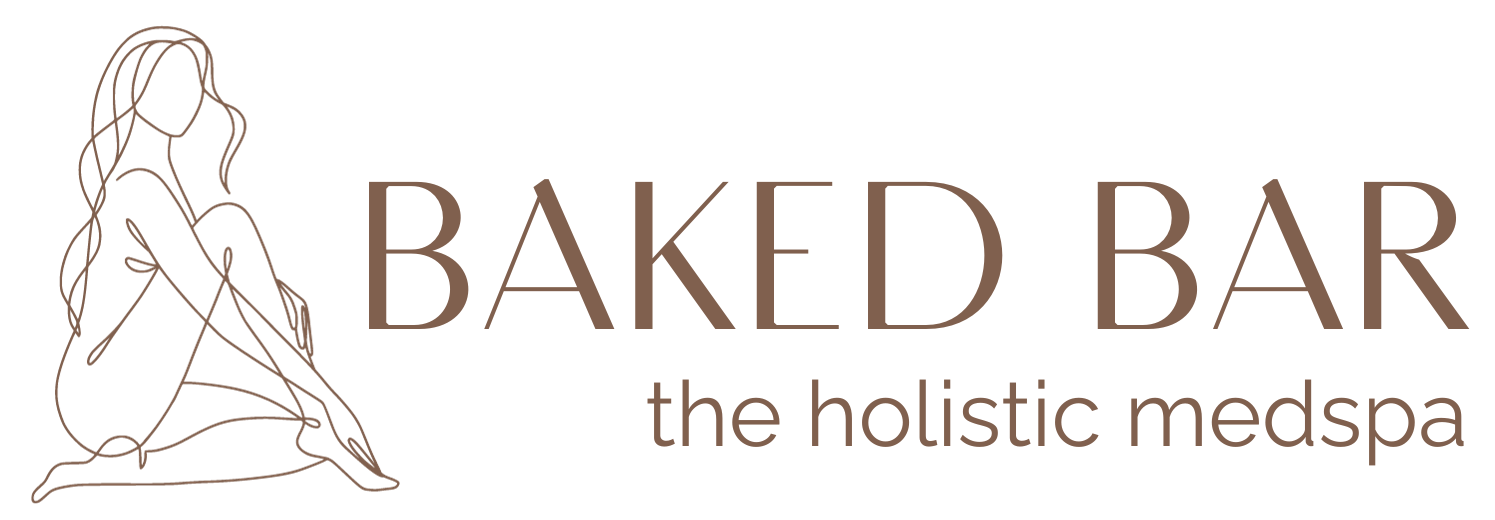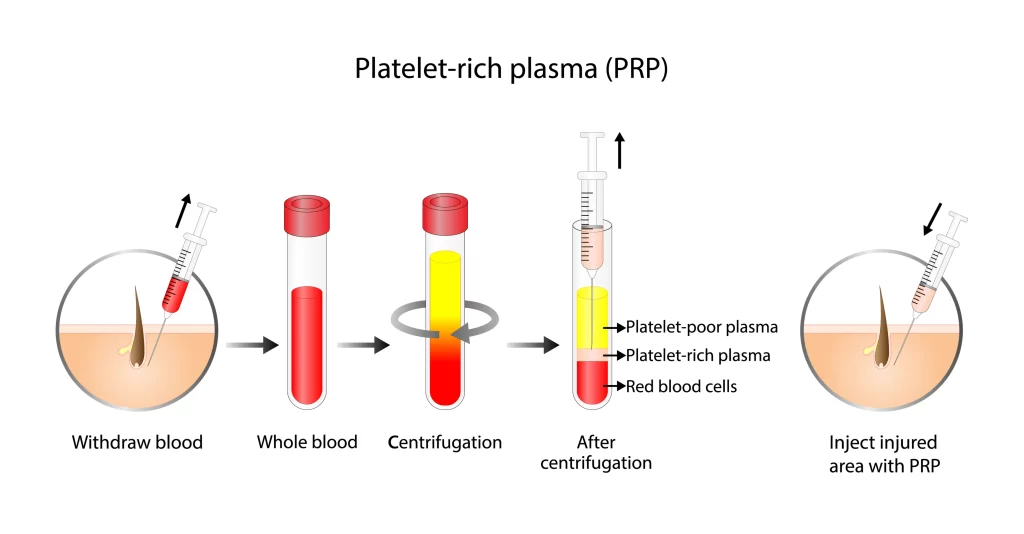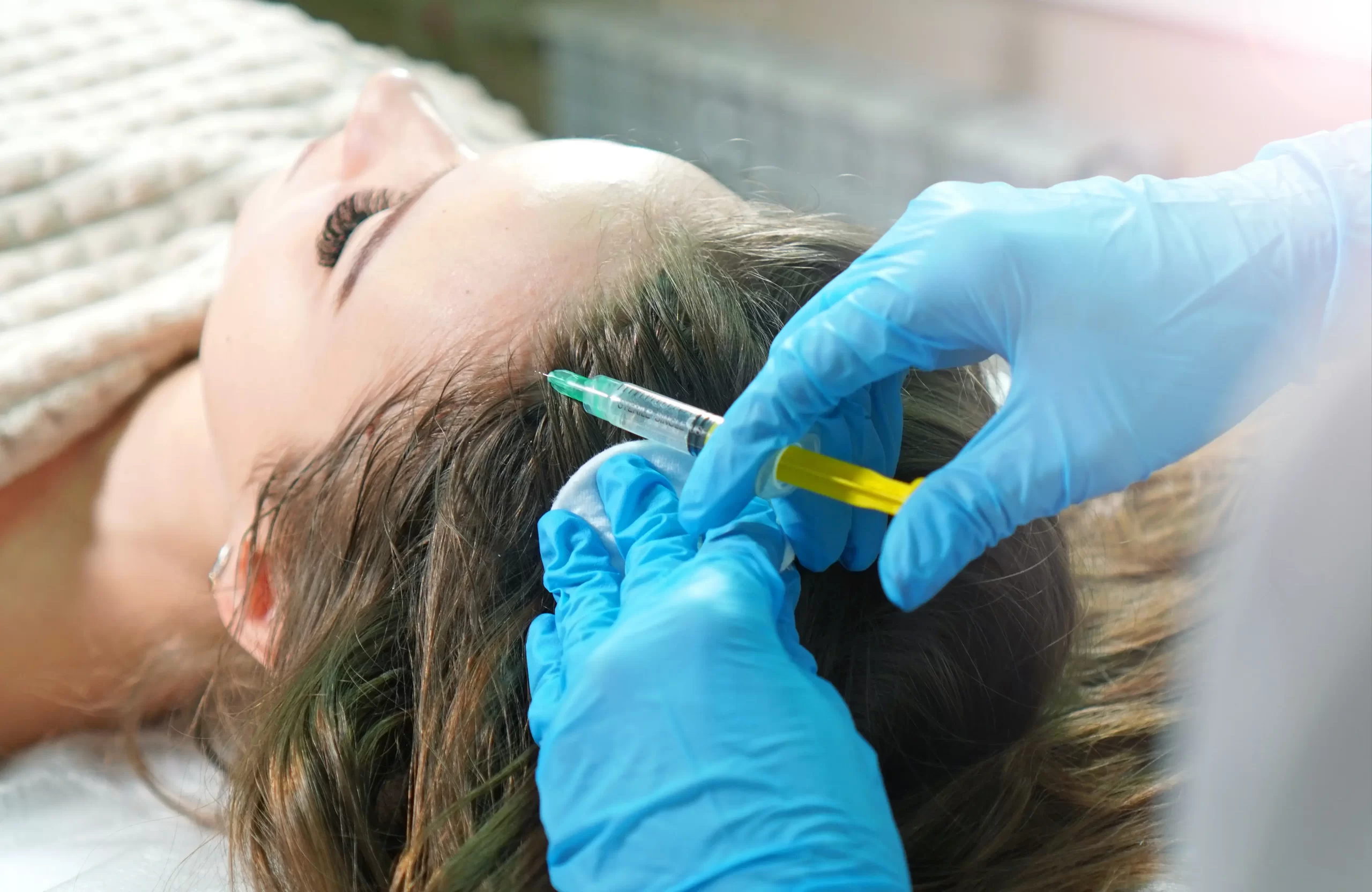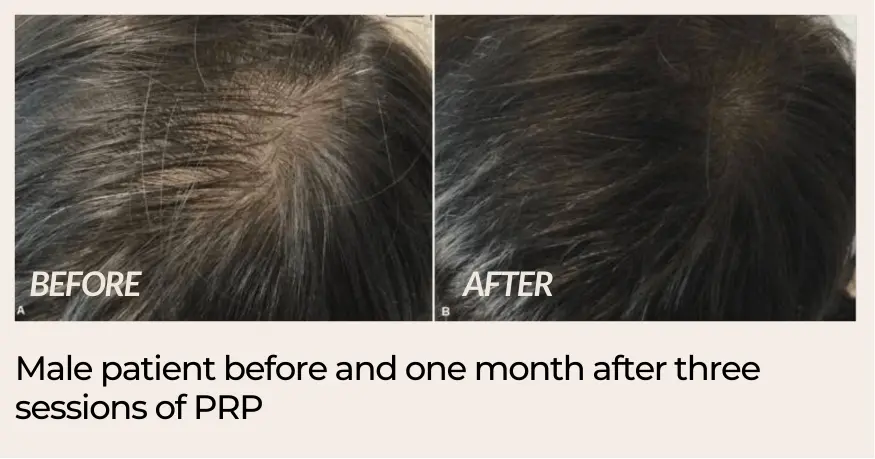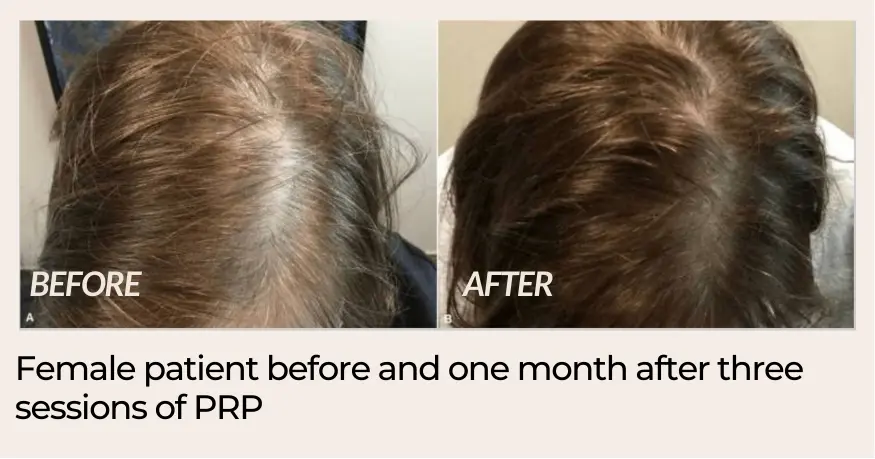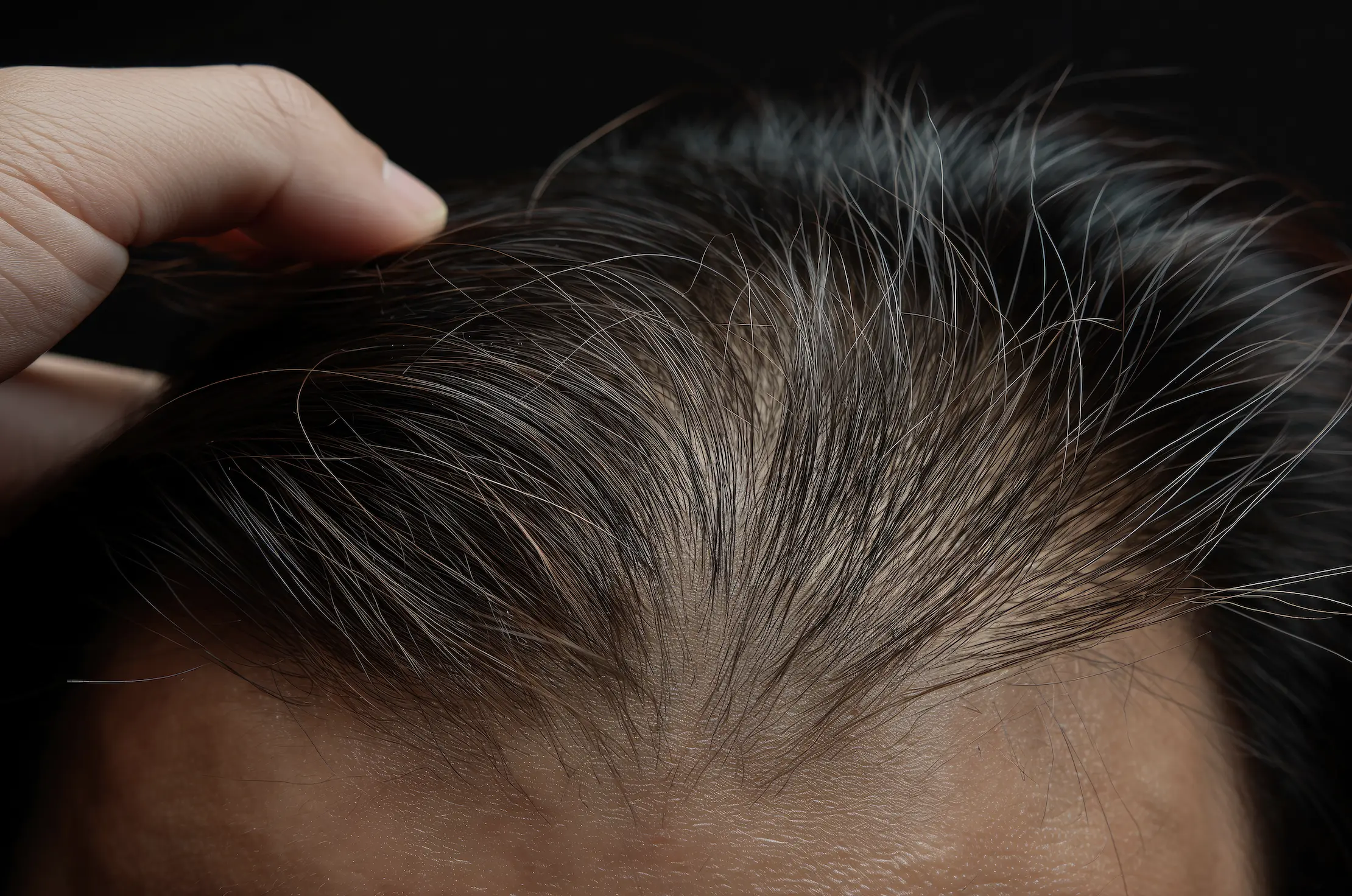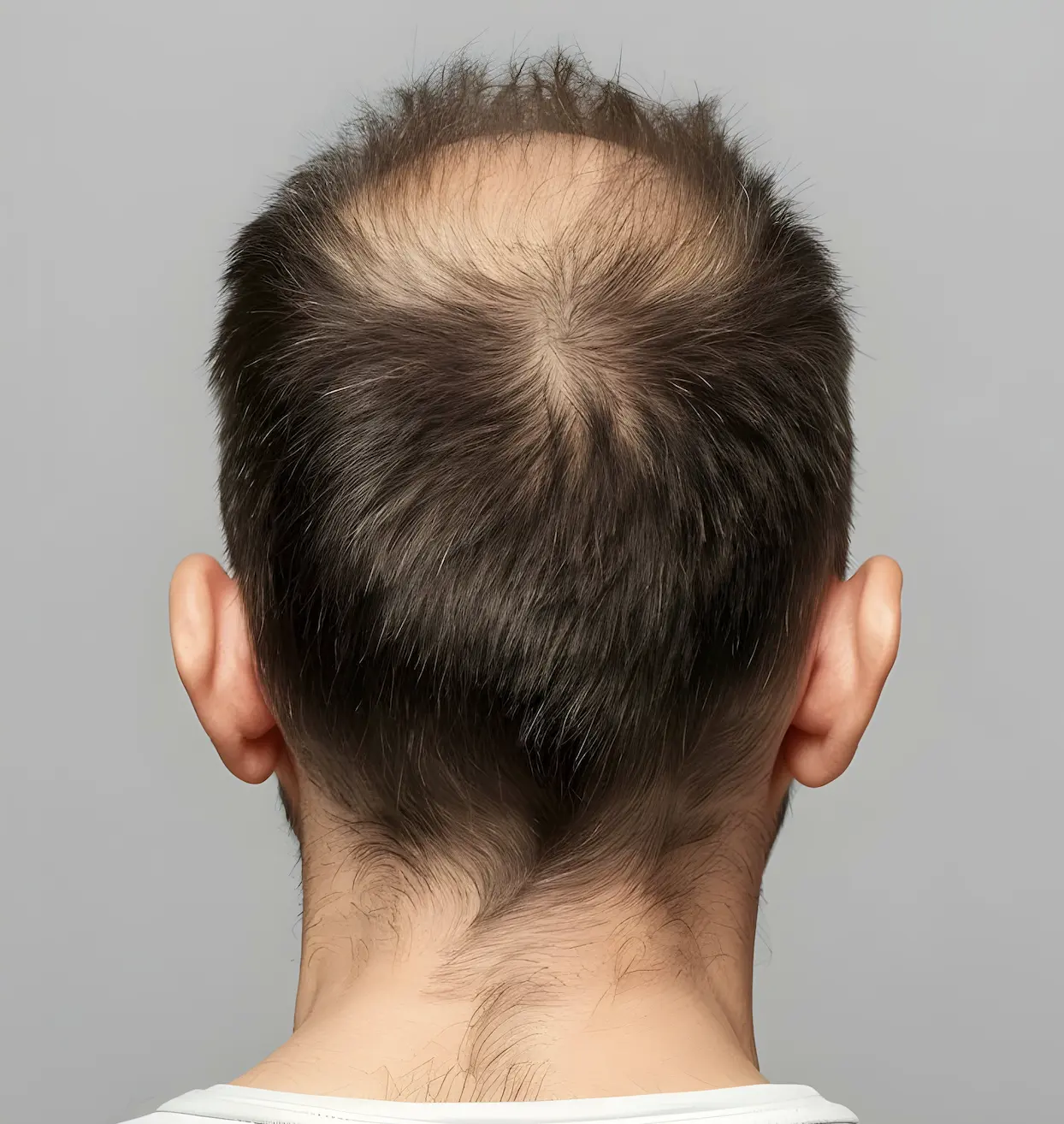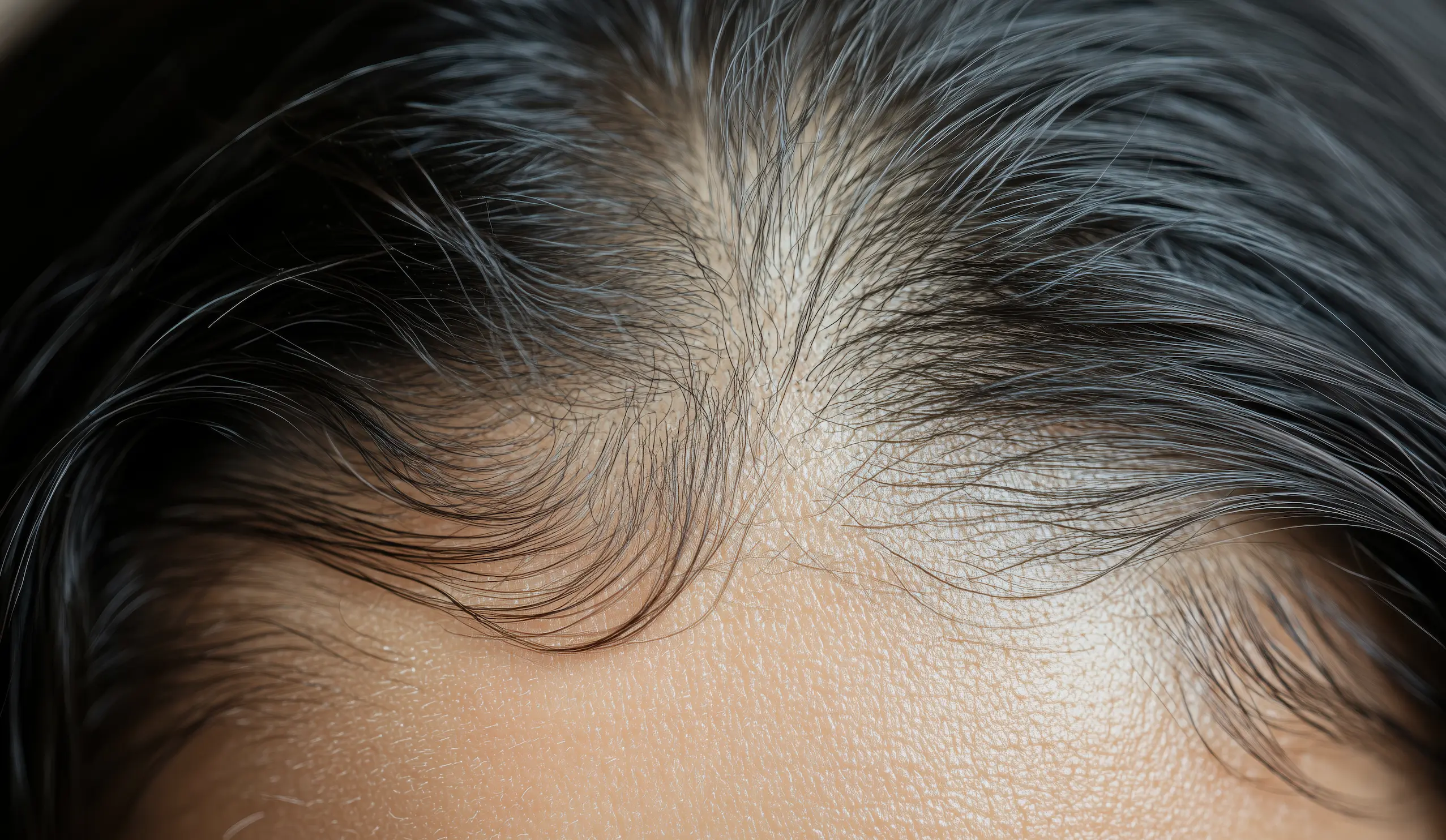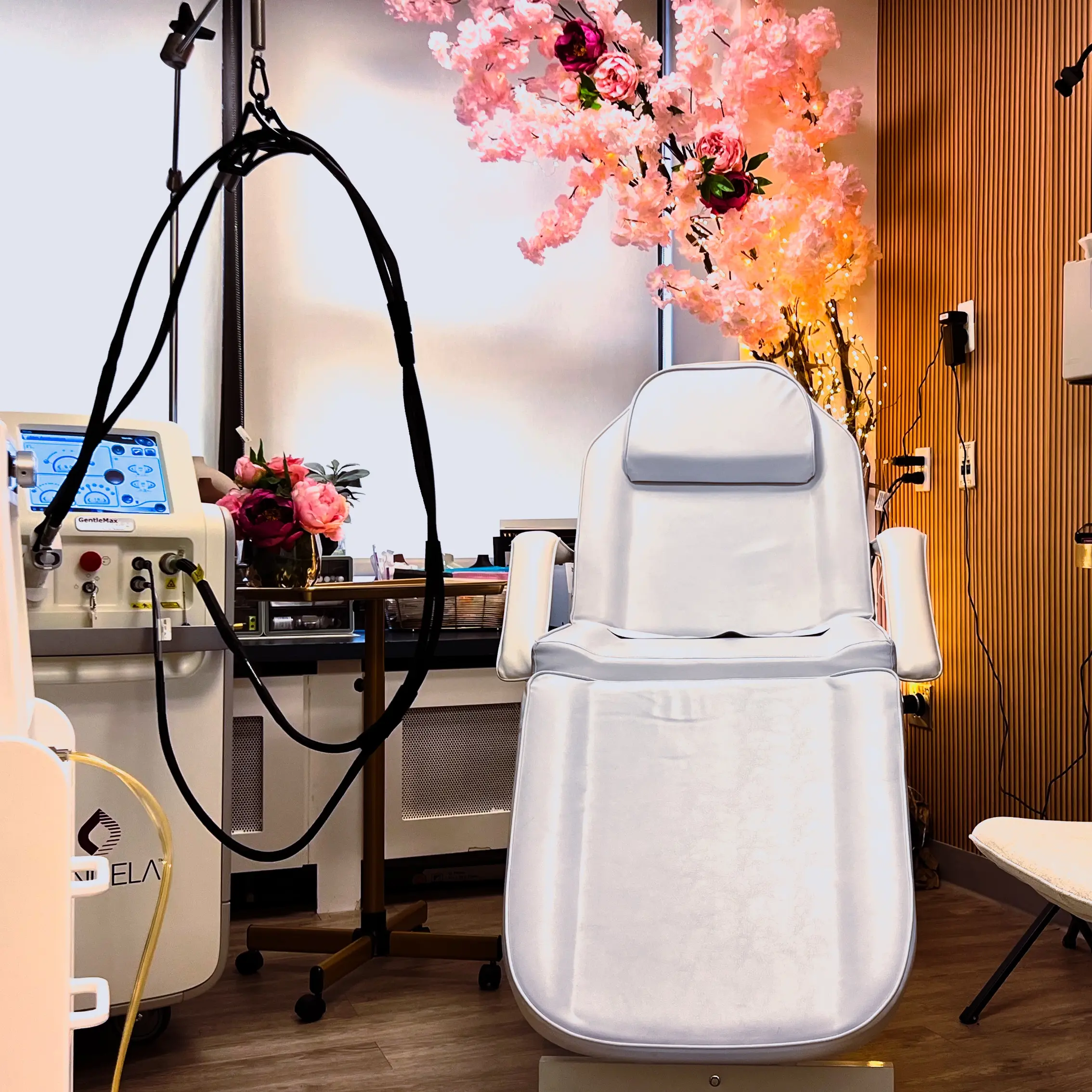Genetics: Hereditary hair loss (androgenetic alopecia) is one of the most common causes of hair thinning in both men and women. If hair loss runs in your family, chances are you might experience it too.
Hormonal Changes: Hormones have a significant influence on hair health. Changes due to pregnancy, menopause, or hormonal imbalances like PCOS (polycystic ovary syndrome) can lead to hair thinning or even sudden hair loss.
Stress: Stress doesn’t just affect your mood; it also impacts your hair. Conditions like telogen effluvium, where hair shifts from a growing phase to a resting phase, are often triggered by stress. You might notice increased shedding a few months after a stressful event.
Lifestyle Factors: Diet, sleep, and lifestyle habits are crucial for maintaining healthy hair. Nutritional deficiencies (particularly in iron, vitamin D, and zinc) can result in brittle hair that falls out easily. Smoking, lack of sleep, and too much heat styling also play a role.
Medical Conditions: Autoimmune diseases like alopecia areata, thyroid disorders, and even scalp infections can contribute to hair loss.
If you’re experiencing hair thinning along with other symptoms, consulting with one of our doctors is a smart first step.
